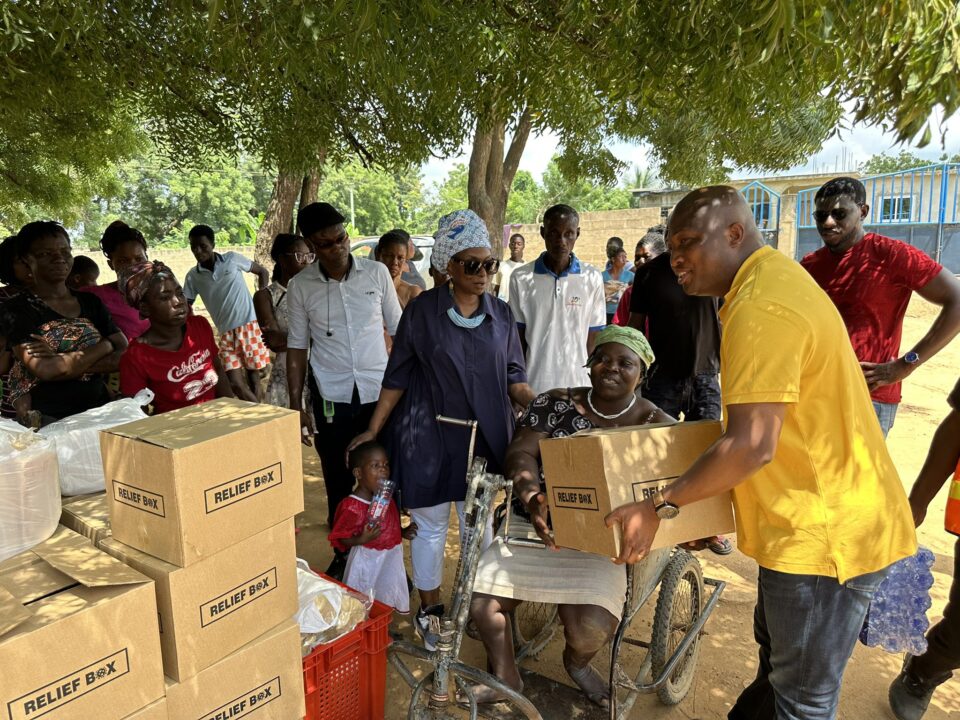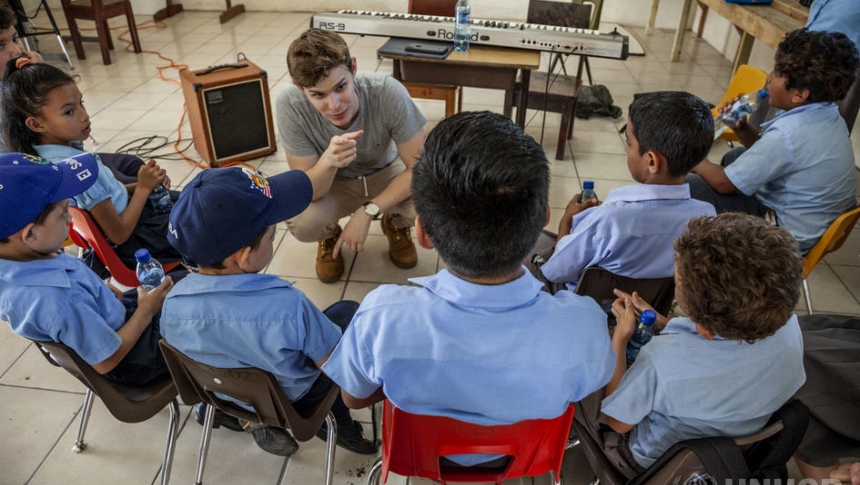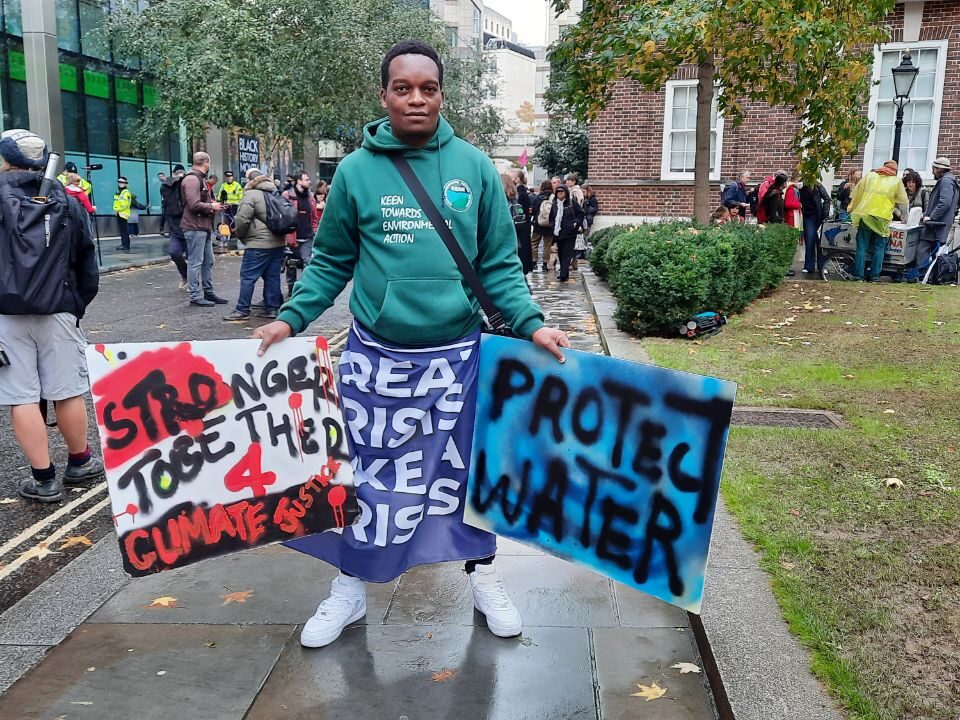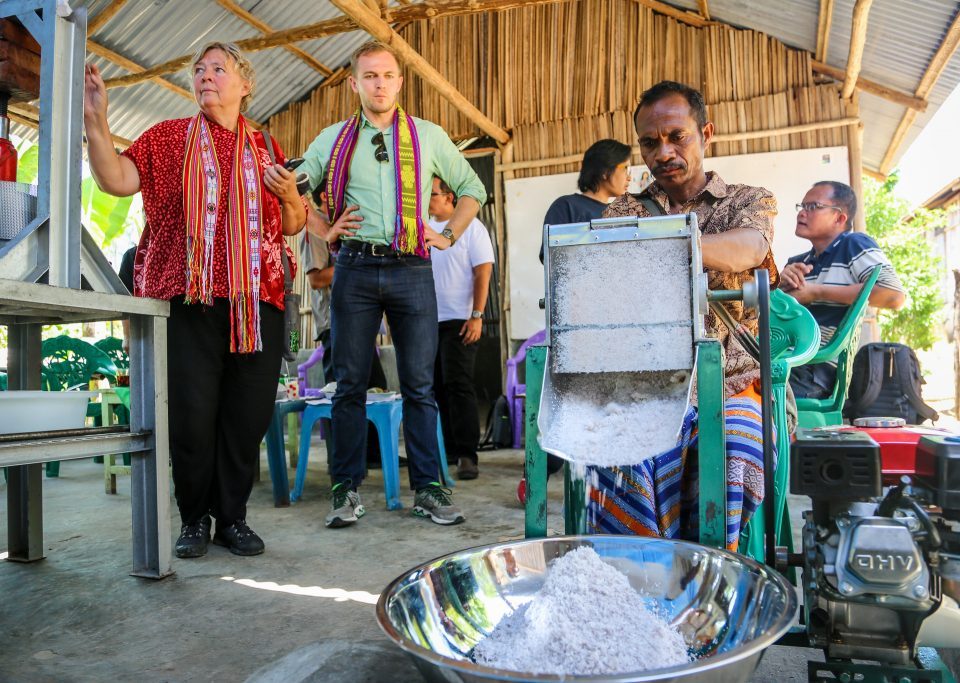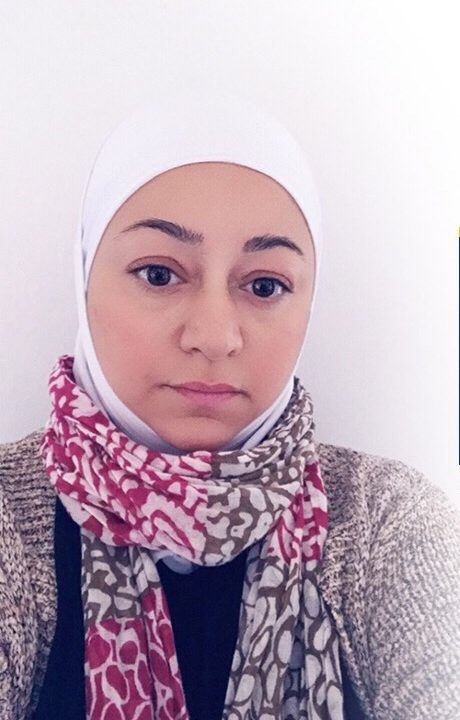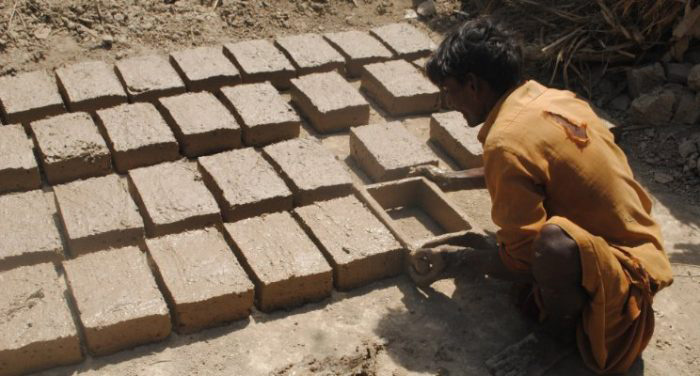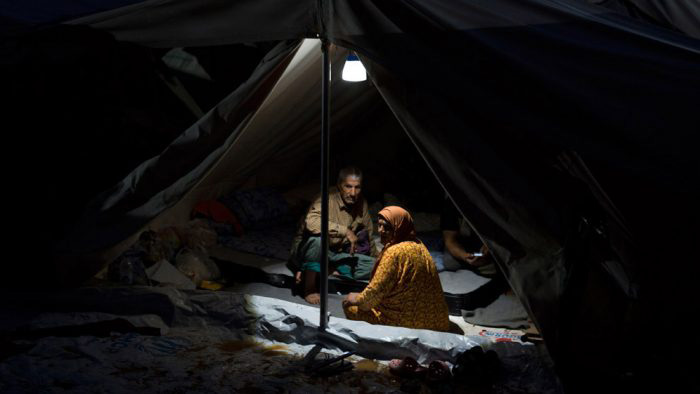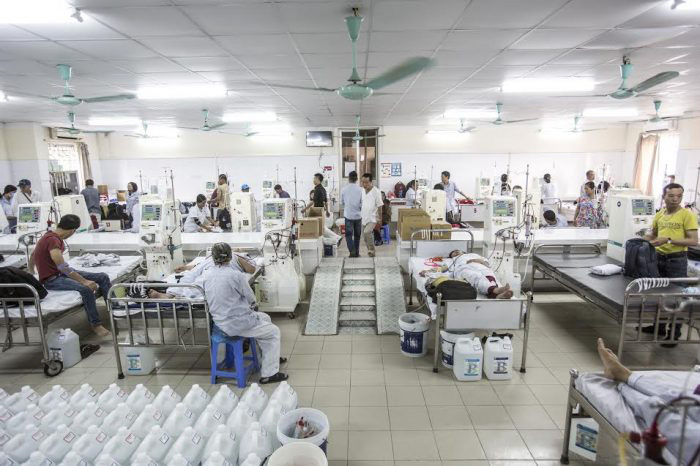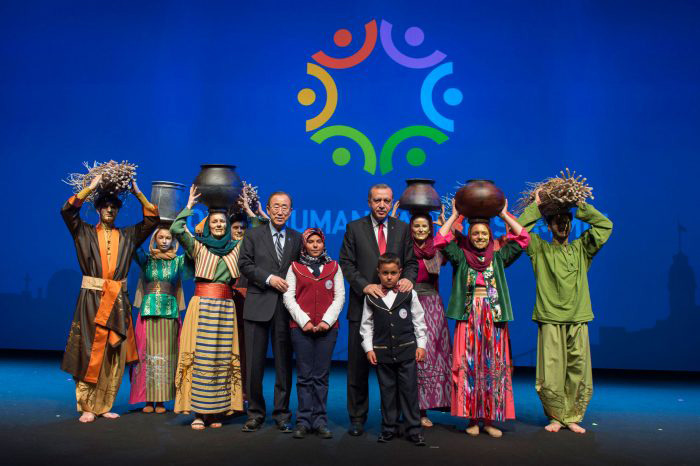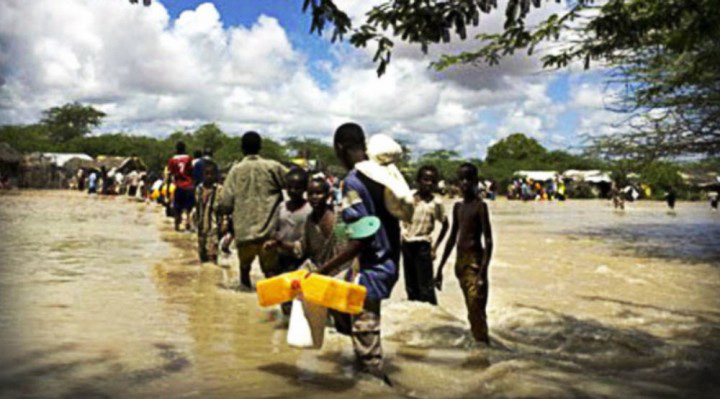participation
- Filter by
- Categories
- Tags
- Authors
- Show all
- All
- academia
- accountability
- adaptation
- afghanistan
- aid
- aid effectiveness
- architecture
- Argentina
- asylum-seeker
- budget
- bureaucracy
- business
- capacity sharing
- child protection
- children's rights
- citizen engagement
- citizen participation
- citizen voice
- climate c
- climate change
- colombia
- community
- community development
- comparative development
- conflict
- cooperation
- COP21
- COP26
- corporations
- Covid-19
- data
- decision-making
- decolonisation
- Democratic Republic of Congo
- developing countries
- development
- development co-operation
- development effectiveness
- development finance
- dialogue
- disaster preparedness
- disaster response
- domestic resource mobilisation
- donors
- DRC
- economic empowerment
- emergency preparedness
- employment
- entrepreneurship
- equality
- espanol
- EU
- evaluation
- feedback loops
- feminism
- français
- gender
- gender equality
- gender-based violence
- global development
- gpedc
- grand bargain
- Haiti
- health
- homeless
- housing
- human rights
- humanitarian aid
- humanitarian effectiveness
- ICT4D
- inclusion
- indirect cost recovery
- inequality
- information
- INGOs
- innovation
- integration
- international cooperation
- international humanitarian law
- jobs
- Kenya
- knowledge
- language
- least
- least developed countries
- LGBTI
- local aid workers
- local development
- local NGOs
- localisation
- men
- mental health
- mexico
- migrants
- migration
- mining
- minorities
- mirps
- multinationals
- natural disasters
- negotiations
- NGOs
- Nigeria
- Northern
- ODA
- OECD
- ownership
- Pacific
- participation
- participatory methods
- partnerships
- peace
- perceptions
- perceptual data
- perspectives
- philanthropy
- Philippines
- policy
- policymaking
- politics
- poverty
- power
- protection
- racism
- RDC
- refugees
- representation
- Republique Democratique du Congo
- resilience
- responsiveness
- rights
- sexual abuse
- sexual harassment
- social accountability
- social justice
- solidarity
- South-South cooperation
- Southern
- southern voices
- statistics
- sustainable development
- sustainable tourism
- Syria
- Tanzania
- tax
- time
- transparency
- Uganda
- Ukraine
- UN
- united nations
- Vietnam
- water and sanitation
- women
- women's rights
- world food day
- world humanitarian summit
- youth
November 13, 2023
Published by Farida Tchaitchian Bena at November 13, 2023
Categories
Vitalice Meja (or simply Meja, as he likes to be called) is the Executive Director of Reality of Aid Africa, a pan-African civil society initiative to […]
May 2, 2022
Published by Farida Tchaitchian Bena at May 2, 2022
Categories
Most of us have been watching the images of Ukrainian refugees fleeing their country, crossing borders to find a new home in Western Europe. I have been asking refugees from other countries to share their views and advice about what’s happening. Here’s my latest conversation with Anila Noor, a refugee and founder of New Women Connectors (NWC), a Netherlands-based organisation that advocates systemic change in migration policies and helps connect refugee and migrant women in Europe and beyond (disclaimer: I am a board member). Anila is no stranger to this blog, as you can read here. Once again, her views give us pause.
January 10, 2022
Published by Farida Tchaitchian Bena at January 10, 2022
Categories
El mes pasado, ACNUR, la agencia de refugiados de las Naciones Unidas, organizó una conferencia mundial para discutir el progreso del Pacto Mundial sobre los Refugiados, un acuerdo de 2018 alcanzado por los gobiernos, la sociedad civil, el sector privado y muchos otros actores para mejorar el apoyo internacional a los más de 26 millones de refugiados diseminados por todo el mundo.
Como he hecho en otras ocasiones similares, decidí acercarme a un refugiado y escuchar sus opiniones sobre la conferencia. Tuve la suerte de reunirme con Amet Elisiab Herrera, una refugiada colombiana que se ha reasentado en México. Lo conocí justo cuando estaba a punto de conocer a sus abuelos de nuevo en Colombia por primera vez en veinte años. Un momento muy emotivo para Amet y toda su familia.
November 30, 2021
Published by Farida Tchaitchian Bena at November 30, 2021
Categories
In my six years as a blogger, my greatest challenge has been to amplify the voices of climate change activists from the Global South. Climate change negotiations, like the Conference of the Parties or COP26 that took place in Glasgow, UK earlier this month, hardly take into consideration the demands of these advocates although they express the views of the people most impacted by climate change in the world. It's therefore with great interest that I have met with Kevin Mtai from Kenya...
October 26, 2019
Published by Farida Tchaitchian Bena at October 26, 2019
Categories
Having worked on global development issues for over two decades, I should know who is an expert in my sector by now. I have many lists of experts on file and can’t help noticing a recurring trend: it’s usually people from a Northern/Western background, with endless degrees and credentials, most of them English-speaking. All of which begs the question: are these traits supposed to be the qualifications of the ultimate expert in my field? What if there’s a whole world of ‘expertise’ that we simply don’t consider?
June 17, 2019
Published by Farida Tchaitchian Bena at June 17, 2019
Categories
For my second interview with refugees advocating on behalf of other refugees I have reached out to Shaza Nabeel Al-Rihawi, a Syrian woman who now lives in Germany, where she works for the research institute LifBi. Shaza is also a member of the European Migrant Advisory Board and the co-founder of the Network for Refugee Voices. As World Refugee Day fast approaches, Shaza recalls the many challenges she has had to face to reunite with her family, rebuild her life from scratch and strive to improve refugees’ participation in the decisions that directly affect them.
January 30, 2018
Published by Farida Tchaitchian Bena at January 30, 2018
Categories
I have recently started a new job with the International Rescue Committee, a non-governmental organisation (NGO) that specialises in humanitarian aid in countries affected by conflict and natural disasters.
Coming back to the humanitarian sector after over a decade, I am struck to find that many discussions about the efficiency and effectiveness of aid replicate what has been said in development circles for years. One issue in particular is at the heart of discussions old and new: the challenge of ‘localising aid’, that is, helping local civil society organisations to better respond to a crisis through increased capacity and more direct funding from donor governments. Having agreed globally in 2016 that we should indeed localise aid, the humanitarian community is now tackling the big question: are we seeing any real change?
December 17, 2017
Published by Clinton Robinson at December 17, 2017
Categories
The development literature of the 1980s and 1990s gave considerable attention to participation in development – engaging local people, the “beneficiaries”, in decisions relating to their own development. This school of thought quickly drew criticism as the question was asked: what are they participating in? Of course, the answer was frequently that participation was little more than mobilising people in implementing an outside agenda, however well-meaning that may have been.
July 29, 2017
Published by Farida Tchaitchian Bena at July 29, 2017
Categories
It has already been a year since the adoption of the “Grand Bargain”, a global agreement made at the World Humanitarian Summit to save up to a billion US dollars over five years by reducing inefficiencies in how humanitarian aid is provided. How well are we doing? Are things actually changing where they are supposed to? Is humanitarian aid becoming more efficient and effective?
June 21, 2017
Published by Farida Tchaitchian Bena at June 21, 2017
Categories
I continue to explore how developing countries go about increasing their tax revenues as a way to escape from poverty, reducing the need for aid and other forms of international co-operation. In jargon, we call these efforts domestic resource mobilisation. This time I have spoken with Huong Nguyen, Non-Executive Director of the Vietnam Initiative Social Enterprise (VNI), a leading Vietnamese think-tank based in the country’s capital, Hanoi...
May 31, 2016
Published by Farida Tchaitchian Bena at May 31, 2016
Categories
The first-ever World Humanitarian Summit is over, with mixed results. For those, including me, who were hoping the discussion would tackle some of the root causes of humanitarian crises, like the lack of political solutions to fundamentally political problems, the conference was a missed opportunity. At the same time, the summit turned out to be positively surprising, focusing the attention on issues that are normally sidelined in global discussions or, even worse, labelled as ‘charity’.
December 4, 2015
Published by Farida Tchaitchian Bena at December 4, 2015
Categories
Living in Paris and working on development and climate change issues, I couldn’t escape the deluge of updates on the ongoing Conference of the Parties (COP21) […]

